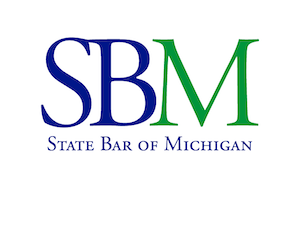- Contact Us Now: 615-510-4000 Tap Here to Call Us
Communicate With The IRS About Your Tax Debt
The IRS has been slowly digging out of the Covid pandemic backlog of unprocessed tax returns and in recent months, the IRS has announced its intention to begin normal collection activities for taxpayers with unpaid tax balances. So, what should you do if you owe money to the IRS? I can answer that question in one word. . .communicate. I see clients every day who, for one reason or the other, fail to communicate with the IRS regarding their intention to pay the balance due. Unfortunately, ignoring the IRS only makes it more likely that the IRS will engage in aggressive collection enforcement activities.
So many people become paralyzed by seeing an IRS letter in their mailbox. They often believe the IRS will take their homes, garnish their earnings, or send them to jail. While those outcomes are possible, in rare circumstances, the IRS often works with taxpayers or their representatives to resolve tax balances in a way that does not involve property seizures or jail. In fact, the IRS’s main objective is to help delinquent taxpayers become voluntarily compliant taxpayers.
So, what should you do if you owe money and cannot pay the balance in full? Contact the IRS to speak with a representative about your options or contact a tax professional for specific advice or representation. Some particularly hairy situations should be handled with professional assistance to unravel. However, most situations can be resolved with consistent communication and an understanding of options for resolving tax debts.
The IRS provides taxpayers with various paths to financial relief. Here are three common methods:
1. Installment Agreements: This option allows taxpayers to pay their tax debts in monthly installments over an extended period. Installment agreements provide flexibility and allow individuals and businesses to manage their cash flow effectively.
2. Currently Not Collectible (CNC) Status: If a taxpayer faces financial hardship and cannot make payments, the IRS may classify their account as not collectible. While the IRS temporarily halts collection efforts, it’s important to note that the tax debt remains, and interest continues to accrue.
3. Offer-in-Compromise (OIC): The OIC program enables qualified taxpayers to settle their tax debts for less than they owe. This option particularly benefits individuals or businesses with little to no ability to fully pay their tax debts.
Unfortunately, some companies over-promise on their ability to help clients resolve their debt via an OIC. This option is only for individuals who (a) can demonstrate an inability to pay their basic personal living expenses; (b) have limited income and equity in assets; and (c) are compliant with tax filing and payment requirements.
Remember, tackling tax debts requires proactive steps and open communication with the IRS. By exploring the available options and understanding your eligibility for various resolution methods, you can take control of your tax situation and work towards a brighter financial future.











